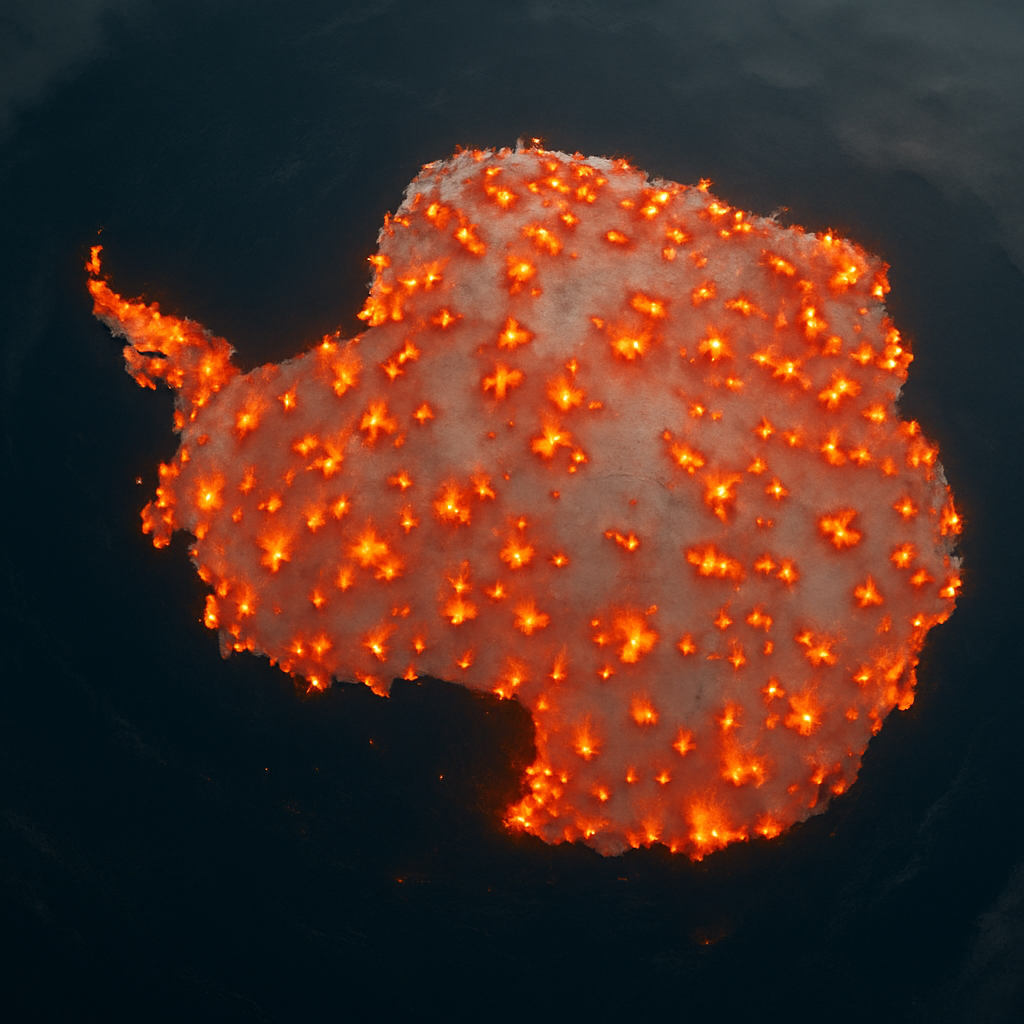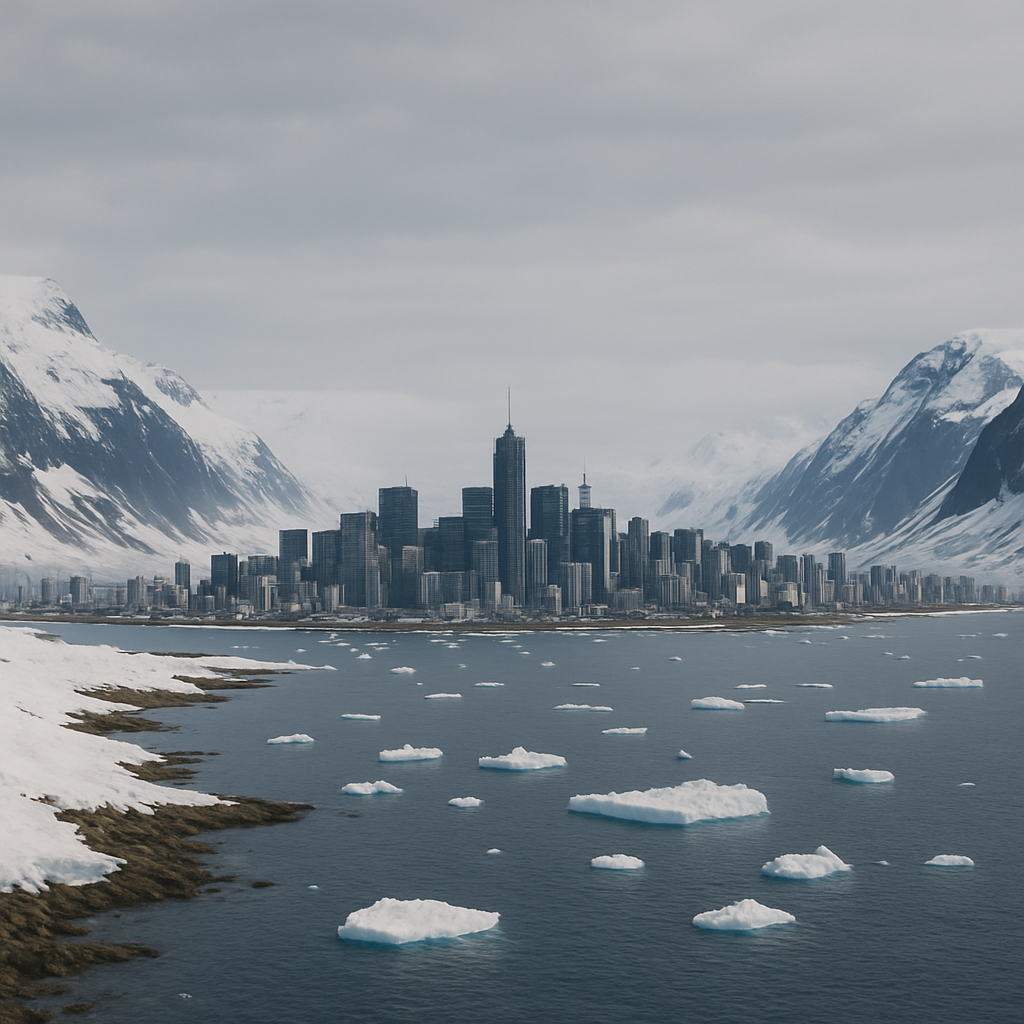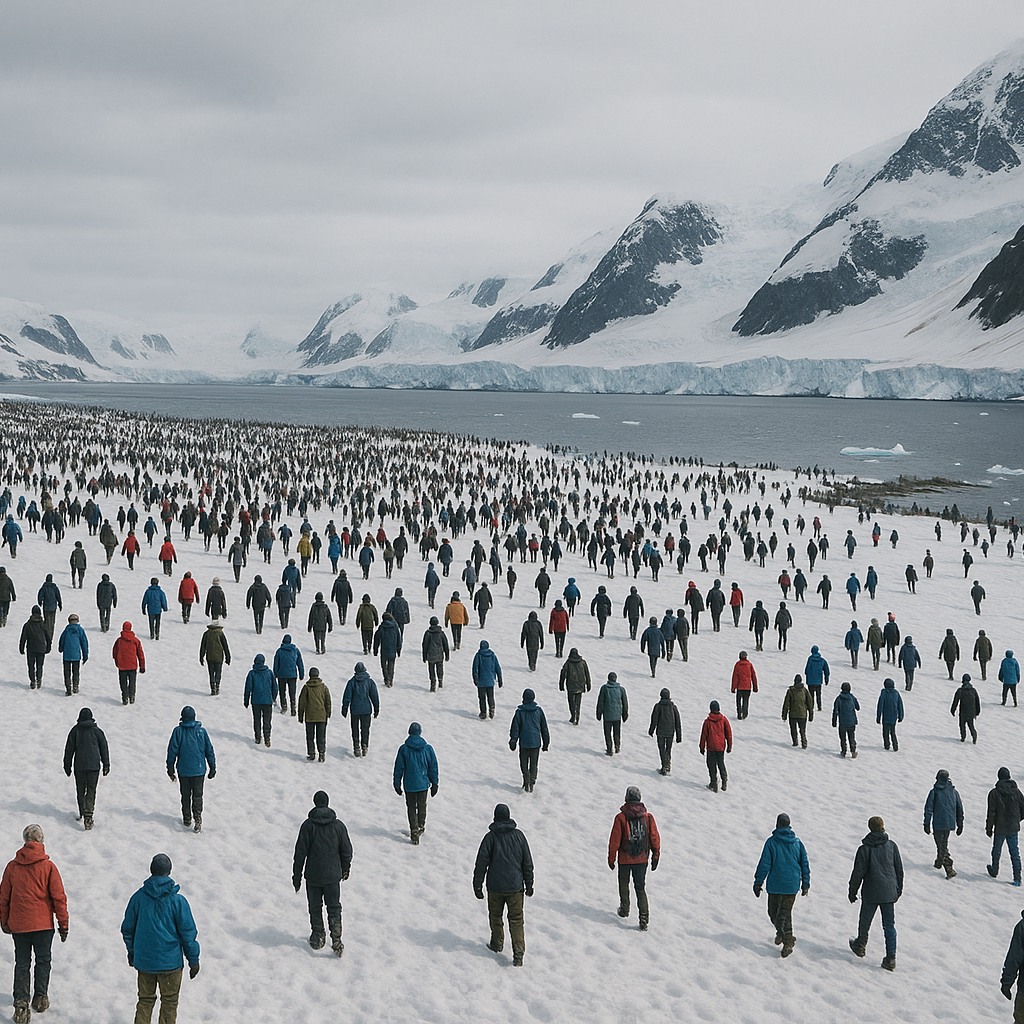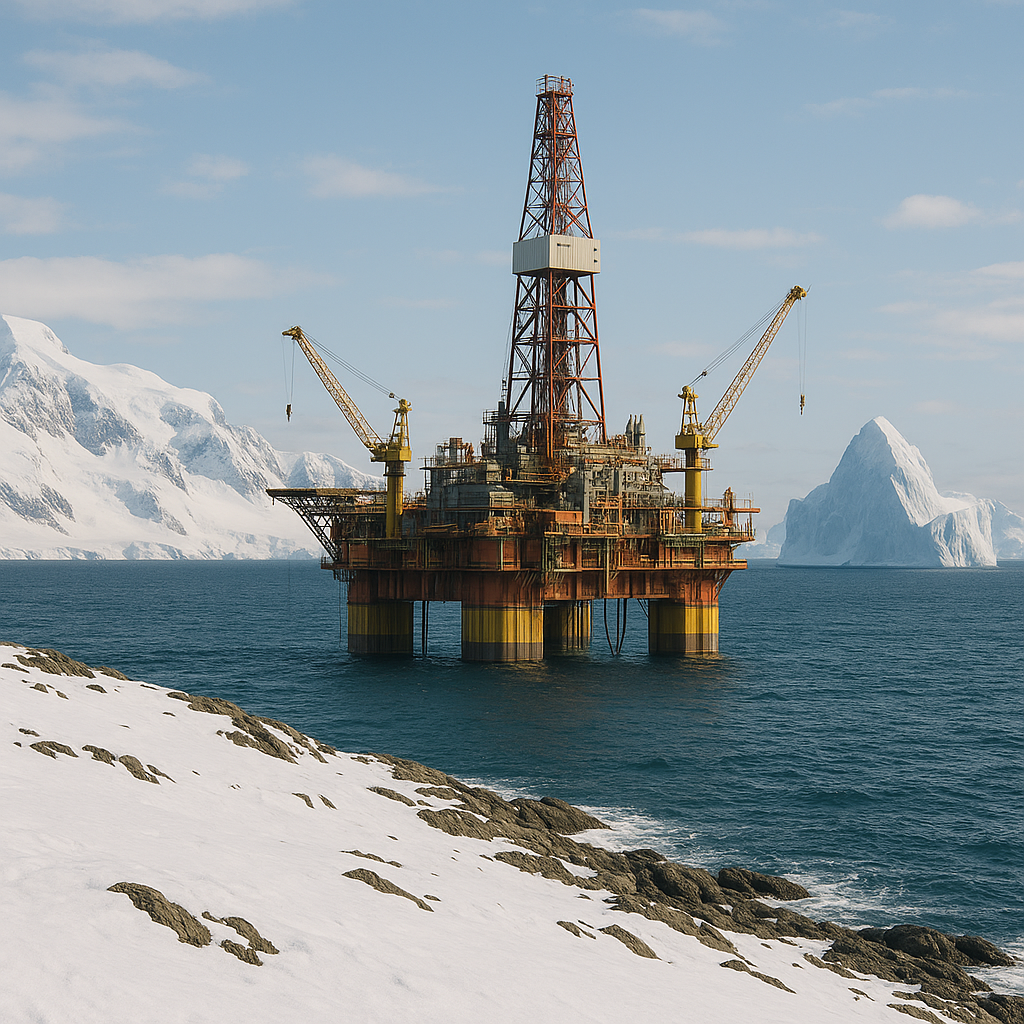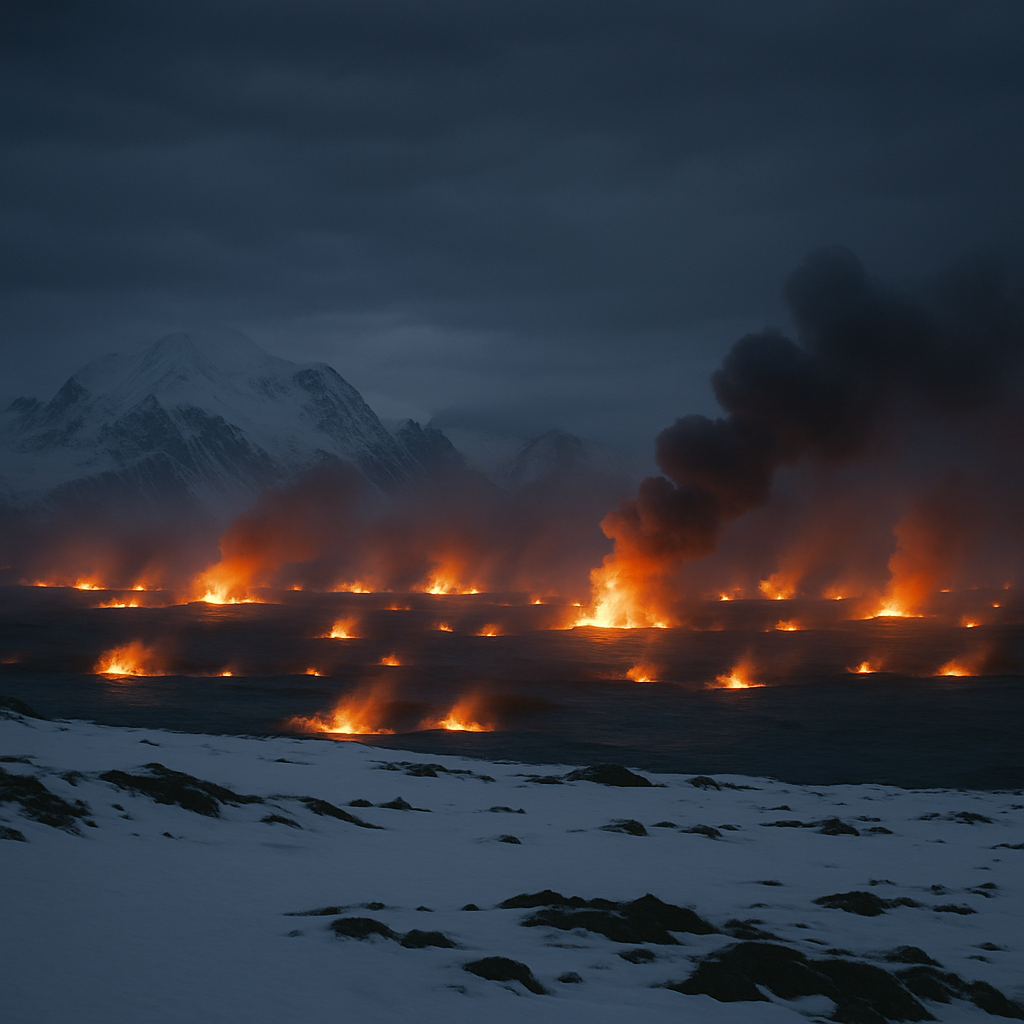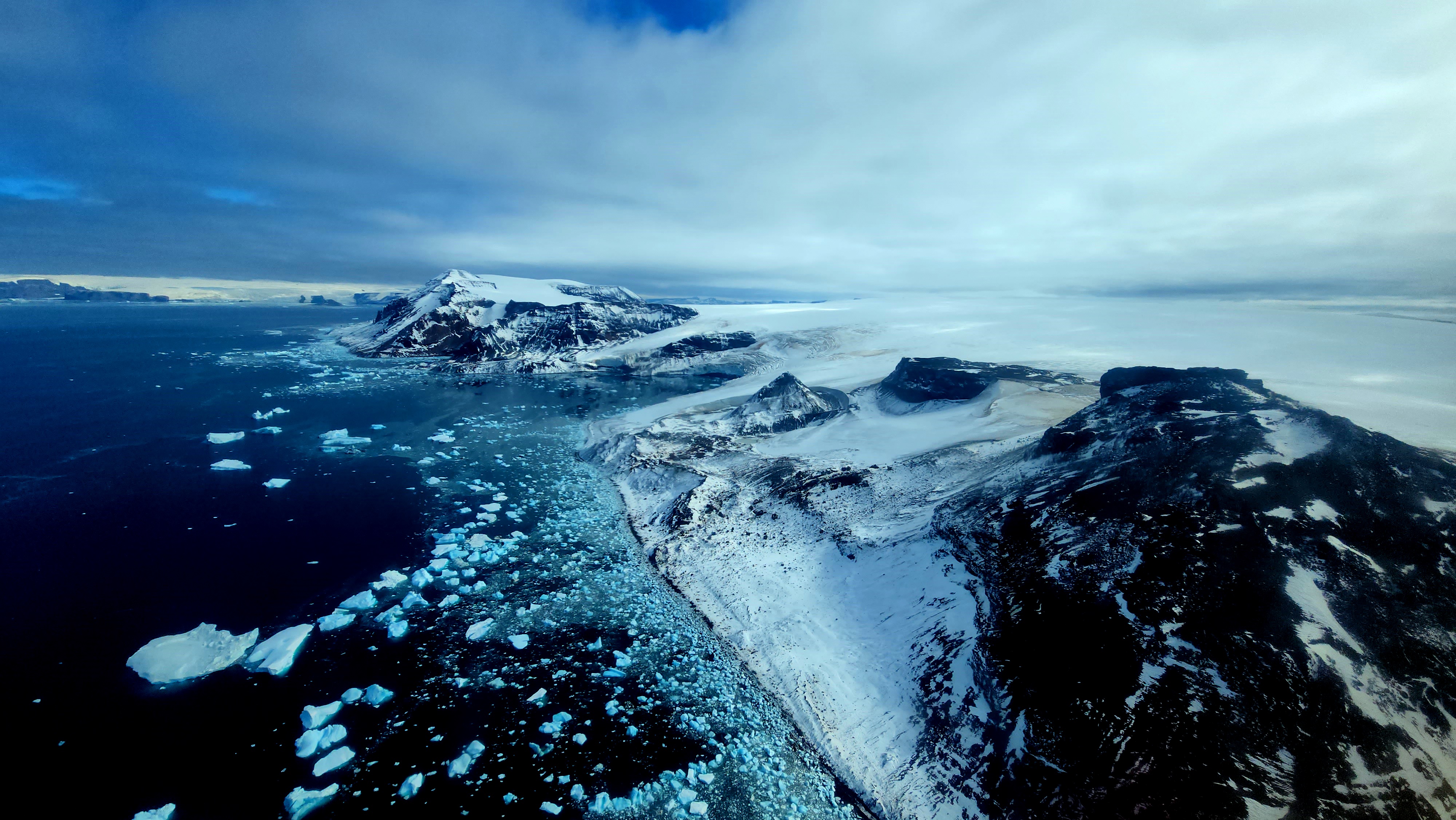What is a glacier?
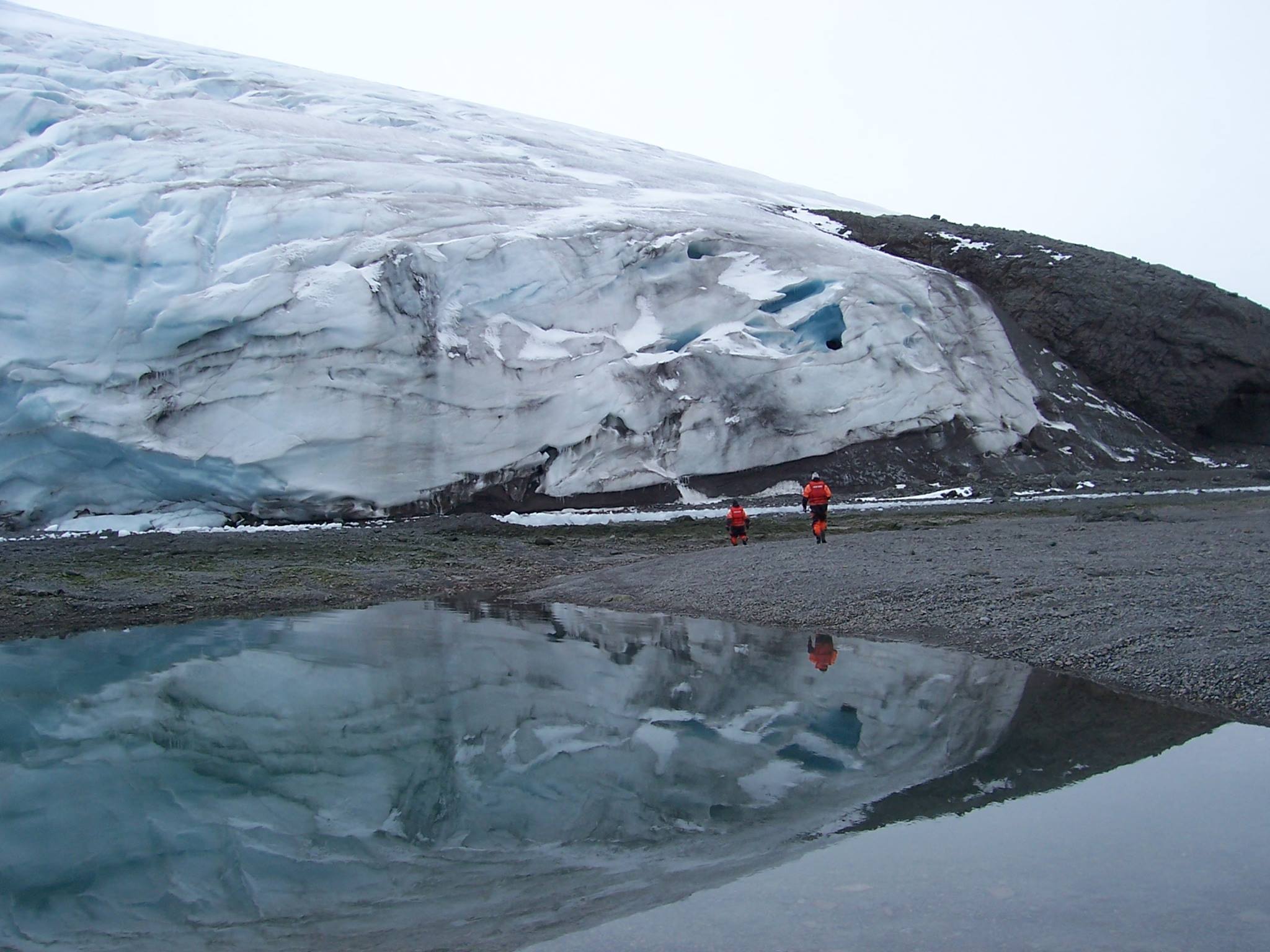
Glacier is a perennial mass of ice flowing down over the surface.
It is divided into two zones through the equilibrium line (imaginary): Accumulation zone & Ablation zone.
If a glacier gains more ice mass than it loses, it will be in positive balance. If a glacier loses more mass than it gains, it will be in negative balance.
If it doesnt snow enough and if positive temperatures are frequent and high, a glacier will tend to lose more mass than it gains.
Read more
Climate Change
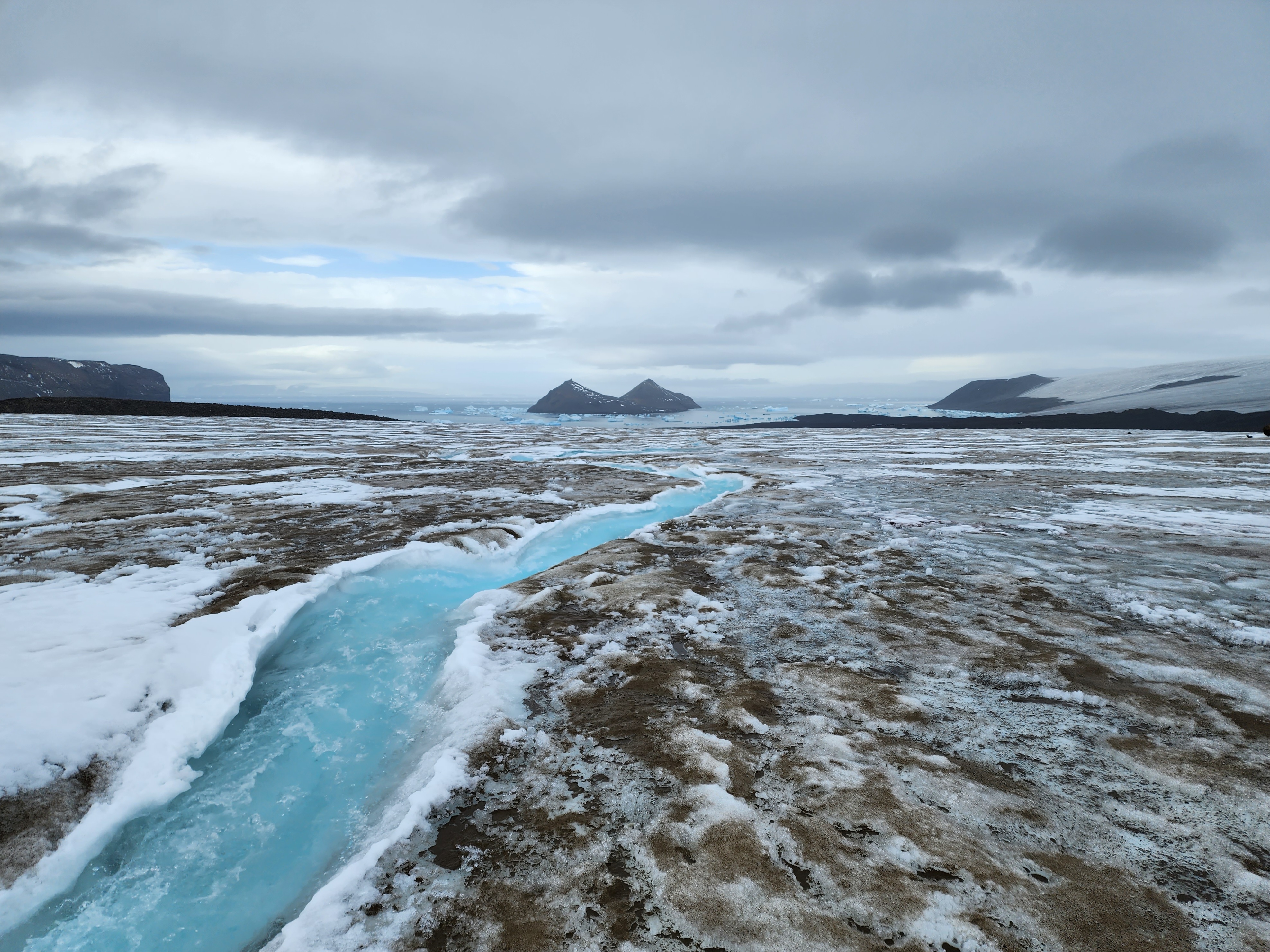
One of the most important aspects of Climate Change is the Global Warming. It´s refers to the long-term rise in temperatures averages. It is primarily caused by human activities, particularly the emission of greenhouse gases.
Read more
The Ocean

Why do I mention the ocean?
The ocean is a very important regulator, but not only over the climate. In Antarctica, its frozen or unfrozen condition directly impacts the environment, both ecological and glaciological.
It has been determined that the breaking up of sea ice implies a consequent retreat of glacial fronts.
Since glaciers are important reservoirs of fresh water, we believe it´s important to study and monitor both ocean/sea and sea ice.
Read more

